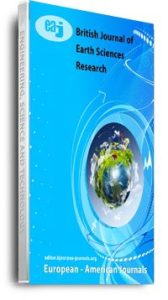The main thrust of this study was to determine psychosocial effect of the use of amplifications among individuals with hearing impairment: communication implications for creativity in inclusive education practices in University of Calabar, Nigeria. To achieve the purpose of this study, two hypotheses were formulated to guide the study. Ex-post facto research design was adopted for the study. A sample of 35 hearing impaired students in University of Calabar during 2014/2015 academic session of both regular and sandwich students with hearing impairment in Special Education Department were used for the study. The selection was done through the census technique. The instrument used for data collection was questionnaire. It was validated by experts in educational tests and measurements in the Faculty of Education. The reliability estimate of the instrument was established using Cronbach Alpha with a coefficient of .79. The data was analysed using Pearson Moment Correlation Coefficient and Anova. The result of the analysis revealed that there is a significant relationship between students with congenital hearing loss and their benefit in an inclusive environment with the aid of amplifications. The result also revealed that University activities significantly influence students with hearing impairment who use amplifications psychologically. Based on the findings of the study it was recommended among others that students with congenital hearing loss should be discouraged from using hearing aid since the sounds heard by them makes no meaning but noise.
Keywords: Amplifications, Communication Implications, Inclusive Education, Psychosocial Effect, Students with Hearing Impairment

